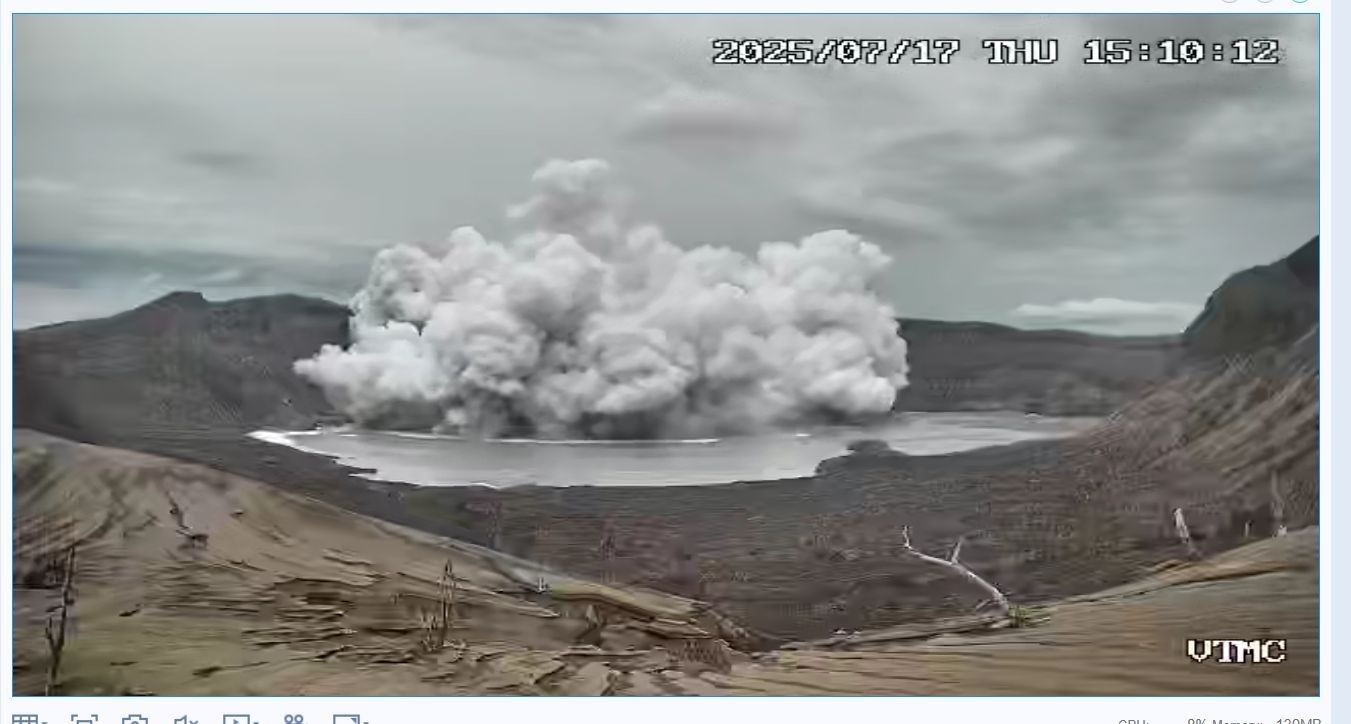
Upgrade to High-Speed Internet for only ₱1499/month!
Enjoy up to 100 Mbps fiber broadband, perfect for browsing, streaming, and gaming.
Visit Suniway.ph to learn
Composite photo shows Elroy Hagedorn, son of the Rep. Edward Hagedorn (Palawan), as seen in a February 2025 post on Facebook, and the seat of the Commission on Elections in Intramuros, Manila.
Hagedorn office; BusinessWorld / Patrick Roque; Philstar.com composite
MANILA, Philippines — The Supreme Court has ruled that the Commission on Elections (Comelec) has the authority to call special elections for vacant congressional seats without waiting for a formal resolution from the House of Representatives.
In a 32-page decision promulgated on April 22, 2025, the high court’s en banc dismissed a petition filed by Elroy Hagedorn, son of the late Rep. Edward Hagedorn (Palawan).
Elroy had sought to compel the House to officially declare a vacancy in Palawan’s 3rd Legislative District after the elder Hagedorn passed away in October 2023. Several local government units in Palawan had also passed resolutions urging Congress and House Speaker Martin Romualdez to hold a special election.
Earlier law required House resolution. Comelec initially maintained that under Republic Act 6645—a law prescribing the procedure for filling congressional vacancies—a resolution from the House was required before a special election could be called. This prompted Elroy to file a mandamus petition with the Supreme Court.
Though the petition was rendered moot by the May 2025 elections, the Supreme Court still ruled on the matter to clarify the legal framework for future vacancies.
The ruling
che Court explained that while RA 6645 required a congressional resolution, that provision was effectively repealed by RA 7166, enacted in 1991.
The newer law provides that if a seat becomes vacant at least one year before the term ends, a special election must be held within 60 to 90 days of the vacancy without needing a House resolution to trigger the process.
“Consistent with the foregoing amendments, Republic Act No. 7166 provides that the period for the Comelec to call for and conduct a special election begins from the occurrence of the vacancy, in contrast to Section 2 of the old law where the period for the Comelec to conduct a special election begins from the date of the resolution or communication from Congress,” the decision read.
Warning vs delays. The high court said that requiring Comelec to wait for a congressional resolution—which may undergo committee review and multiple readings—could lead to unnecessary delays in filling vacant seats.
Instead, the Comelec may rely on other official means to verify a vacancy, such as press releases, public announcements, or certifications from the House Speaker or the Secretary-General.
“To limit the Comelec to a resolution from Congress in determining the existence of a vacancy would be to curtail and render ineffectual its power and mandate to call for and hold the special elections within the allotted period,” the court said.

 16 hours ago
3
16 hours ago
3



